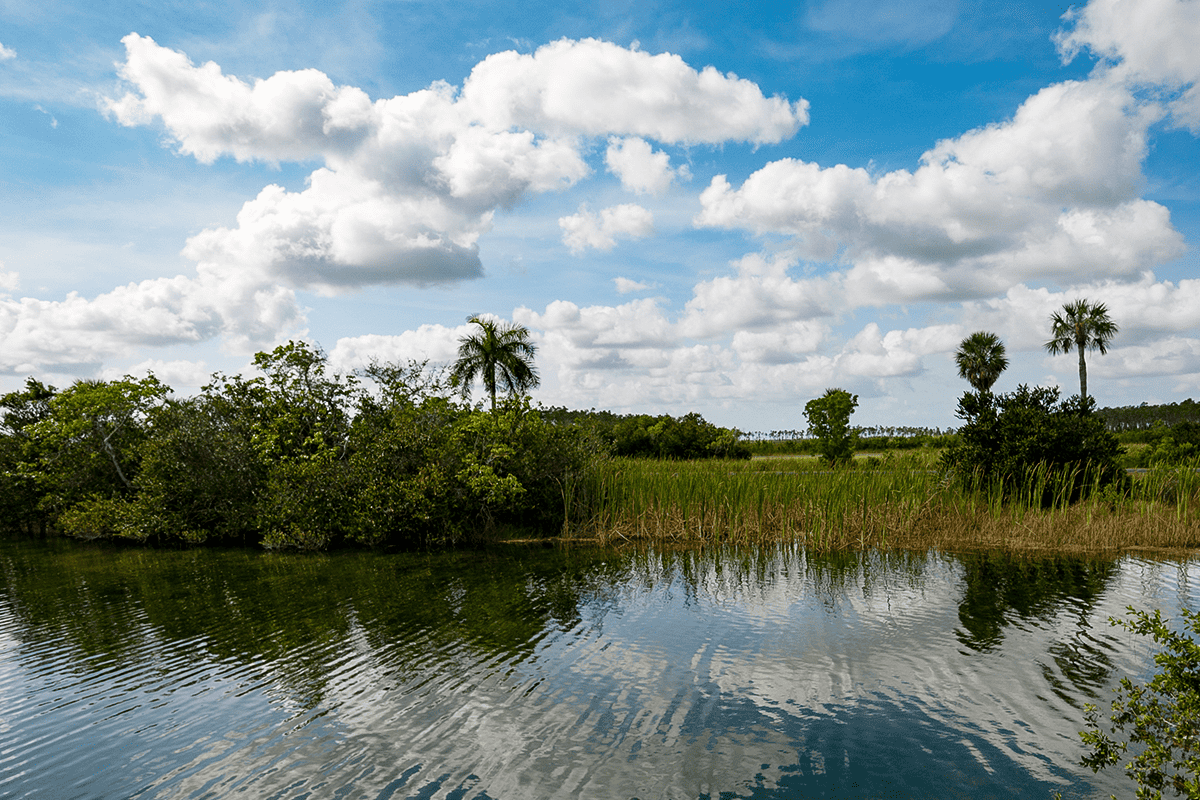Farmers assert rainfall that affected Everglades flooding also impacted harvesting production

TALLAHASSEE, Fla. – The Florida Agriculture Coalition said rainfall and flooding to the Everglades Agricultural Area has hampered the planting and harvesting of their crops.
The statement from farmers followed claims made by the group Captains for Clean Water attacking local farmers for flooding the Everglades basin.
“While we’re grateful for the excess rainfall this season, it is not without challenges,” said Jim Spratt, chair of the Florida Agricultural Coalition.
“The same rains that flooded the Everglades delayed planting and harvesting of winter vegetables in South Florida, and growers are working overtime to prepare the fresh sweet corn, green beans and other fresh vegetables Americans need to serve on their dinner tables this Thanksgiving,” Spratt said.
Described on its website, Captains for Clean Water is a nonprofit organization that said it “fights to protect and restore our water resources.”
“The water management practices in the EAA are causing tremendous imbalance because the sugar industry is simply allowed to dump their excess water to maintain perfect growing conditions, even if that means causing harm to other parts of the system, and in this case, a flood scenario in the water conservation areas,” a spokesperson for Captains for Clean Water Co-founder Chris Wittman said on social media.
However, information complied from water conservation areas refutes the organization’s assertion.
According to South Florida Water Management District data, 71% of water in the Everglades has come from rainfall. The data also indicates only 14% of water from the Everglades Agricultural Area is flowing into water conservation areas, which are the state-owned Everglades.
About 7% of water flowing into water conservation areas came from Western basins, 5% from Broward County, and 2% from Eastern Palm Beach County.
The late September rains delayed the planting of sweet corn, green beans, and other crops and also delayed the start of the sugarcane harvest by nearly a week.
Due to the heavy rainfall, farmers are now working hard to make sure Florida-grown produce is available in stores for the Thanksgiving holiday.
According to the Florida Farm Bureau, the Everglades Agricultural Area provides food for millions of Americans during the winter months. Lettuce production provides 1 billion salads each year while cabbage harvesting contributes 250 million servings of coleslaw.
Rice is also planted to feed 25 million people while sweet corn is grown for over 16.5 million individuals each year. Additionally, green bean production amounts to 350 million servings while there are 120 million celery stalks each year.
Over 179 million people east of the Mississippi River benefit from fresh winter vegetables provided from the region each year.



